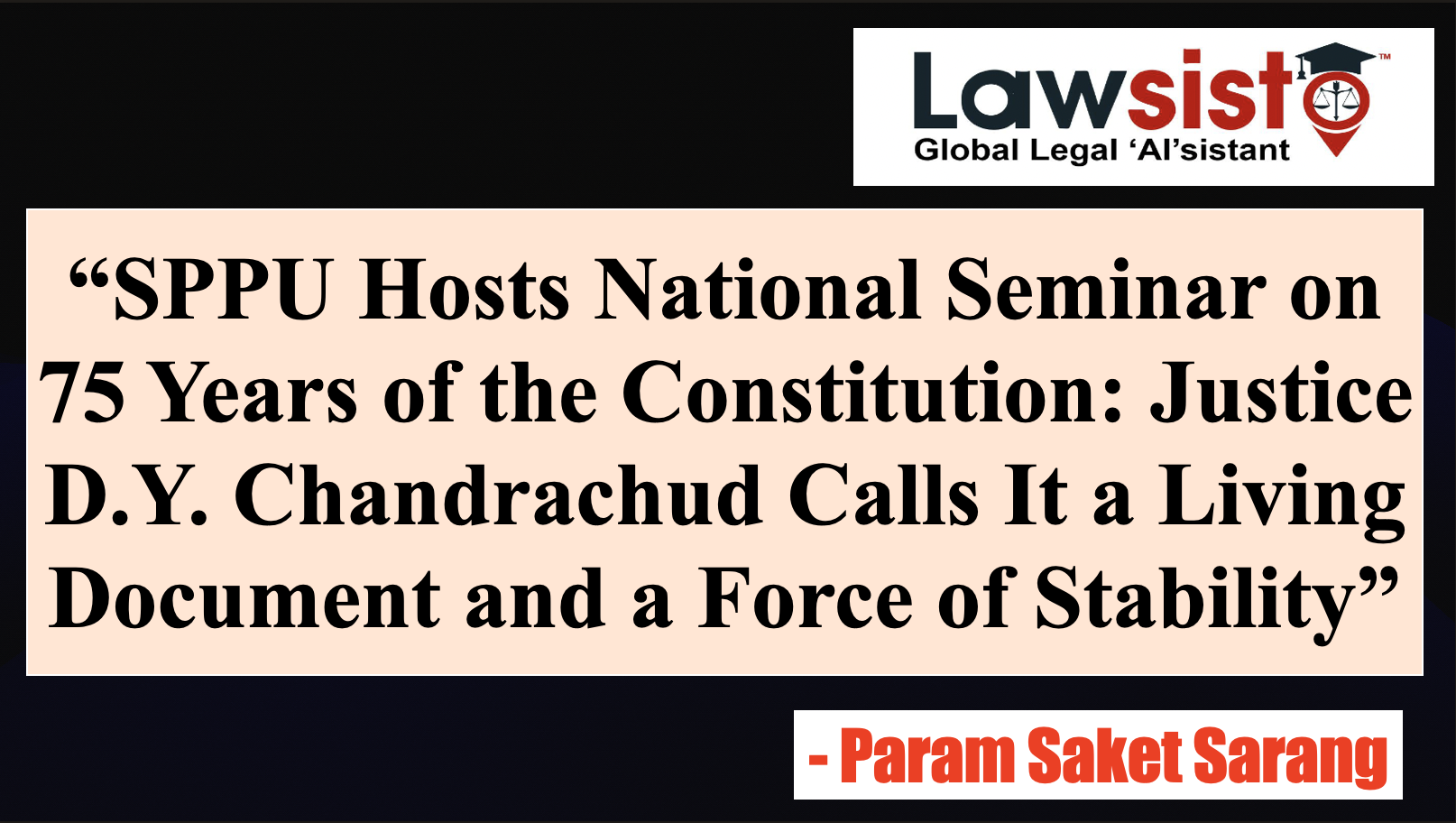Latest Articles
Abolition of Colonial Decorum in Courts

The practice of addressing Judges as "My Lord" and "Lordships" has recently been condemned by the Rajasthan High Court. The Court, in a full meeting, proposed this move and urged the counsels appearing on behalf of the clients to address the Judges as 'Sir' in an open move to censure the colonial practice of addressing the Judges as "My Lord" or "Lordships". This is move is welcomed by many, believed to - simplify and reform the legal proceedings, and is accepted as a positive step towards respecting the mandate of "Equality" enshrined in the Constitution of India.
The Advocates Act of 1961, under section 49(1)(c), has empowered the Bar Council of India to make rules on professional and etiquette required to be observed by advocates.A Resolution to such effect, was passed by the Bar Council of India in 2006 that added - Chapter IIIA to Part VI of the BCI Rules. The provision read as follows: To address the Court:"Consistent with the obligation of the Bar to show a respectful attitude towards the Court and bearing in mind the dignity of Judicial Office, the form of address to be adopted whether in the Supreme Court, High Courts or Subordinate Courts should be as follows: “Your Honour” or “Hon’ble Court” in Supreme Court & High Courts and in the Subordinate Courts and Tribunals it is open to the Lawyers to address the Court as “Sir” or the equivalent word in respective regional languages.”
Earlier in 2014, a senior advocate filed a PIL before the Supreme Court seeking the abolishing of the usage of such archaic mannerisms in court proceedings.However, the petition stood rejected on the grounds that the terms “My Lord” and “Your Lordship” were not in manner compulsive in nature.
















































































































































































































































































































































































































































